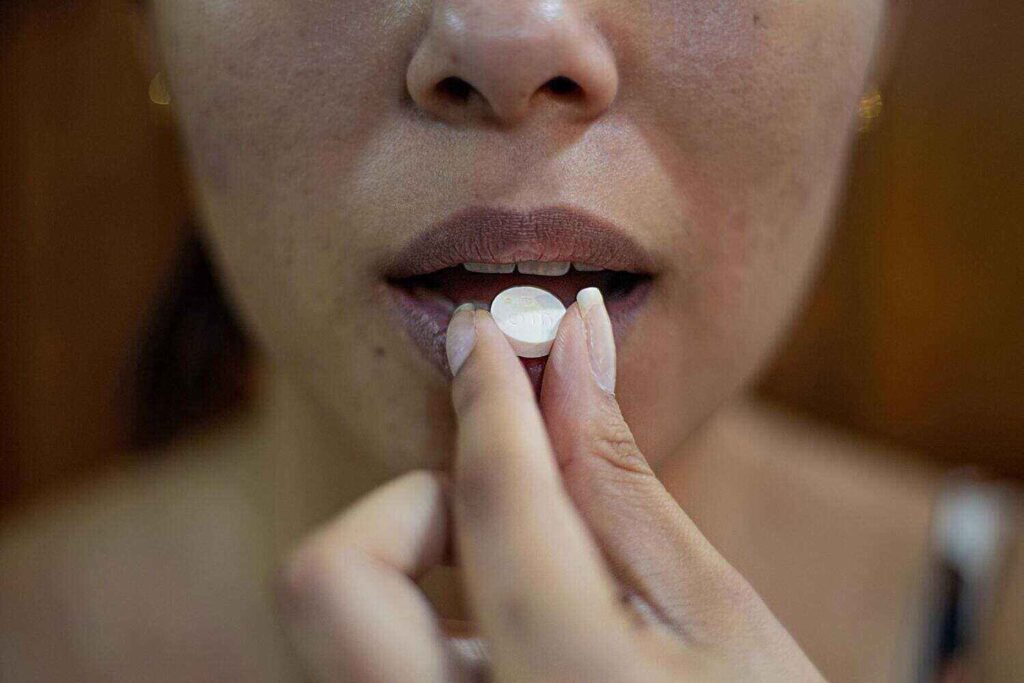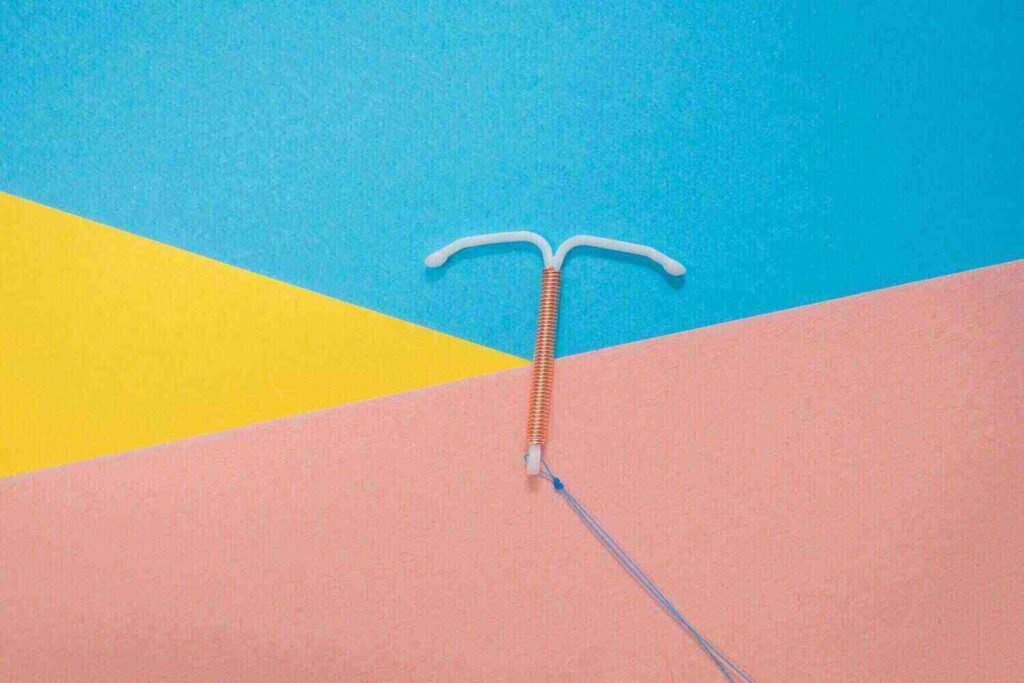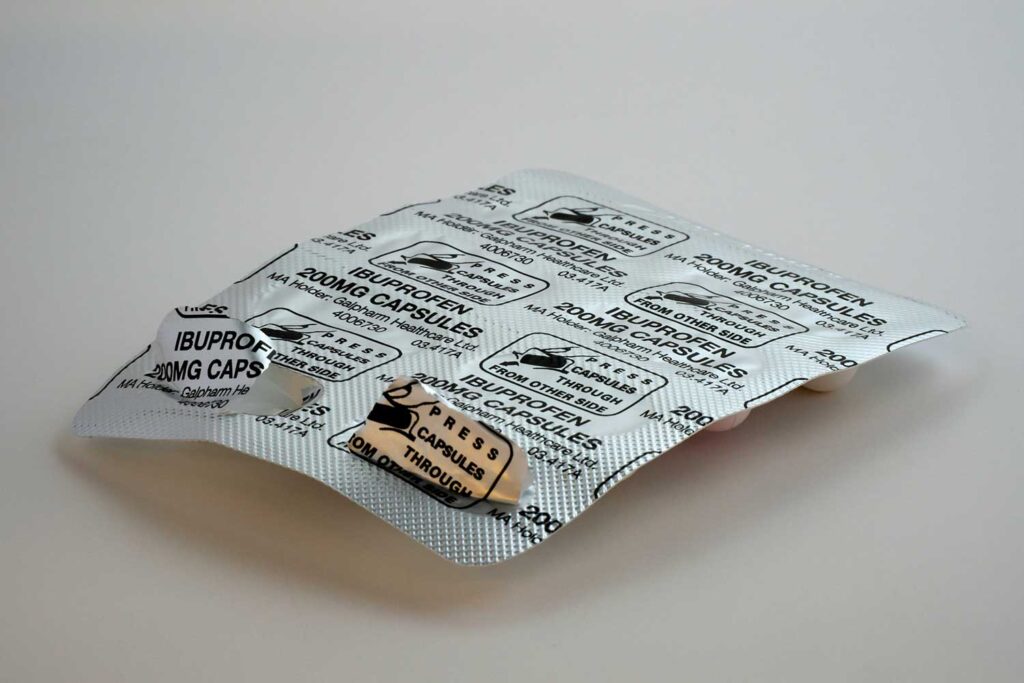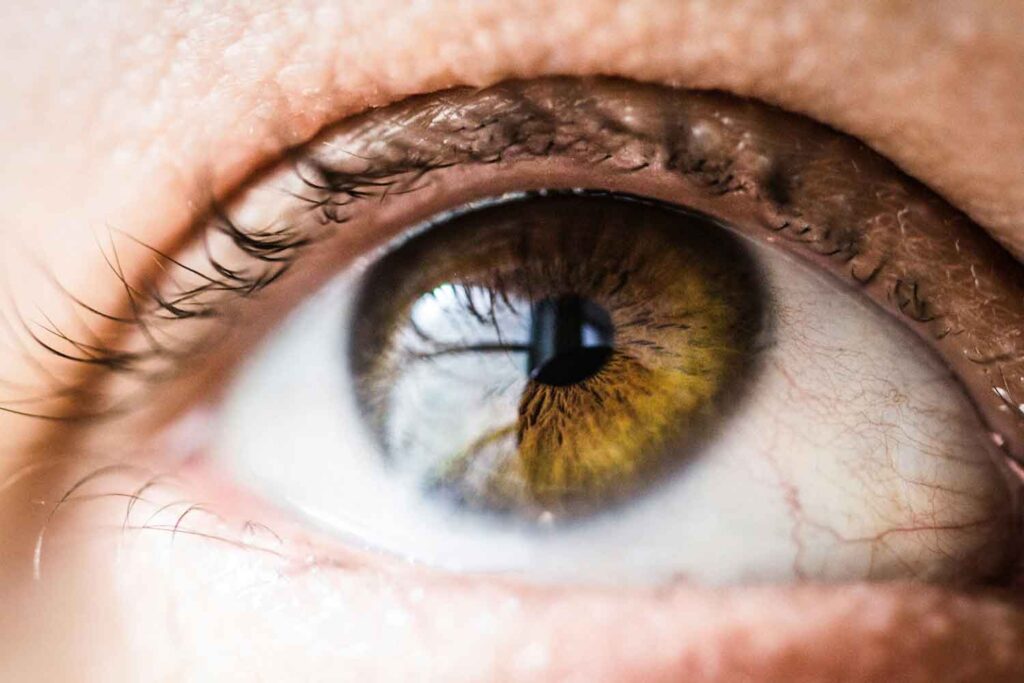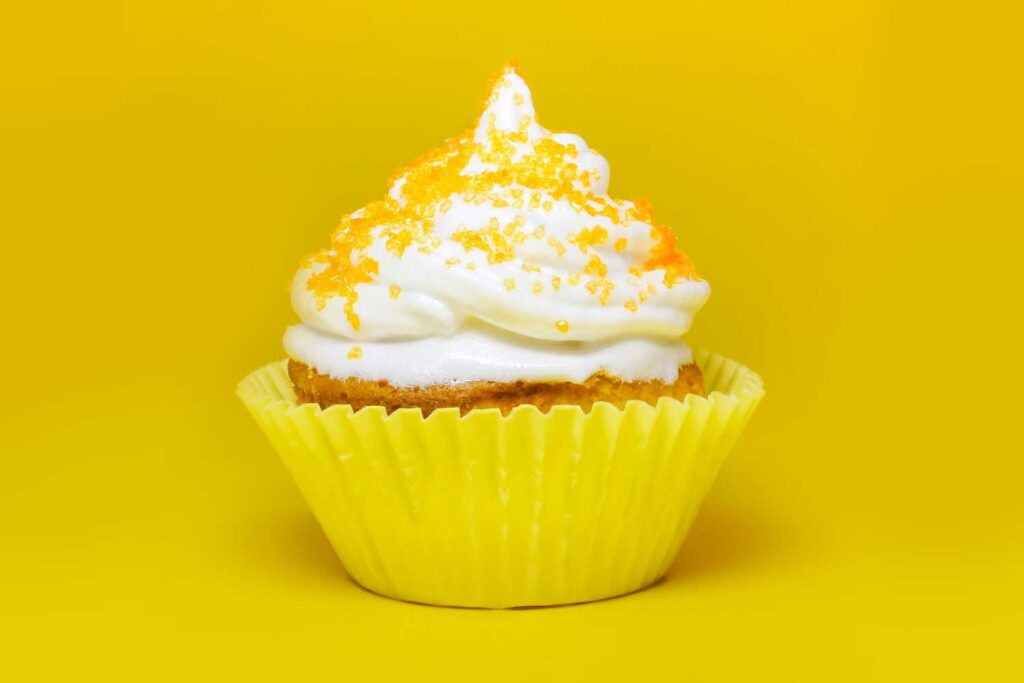Does THCA Get You High?
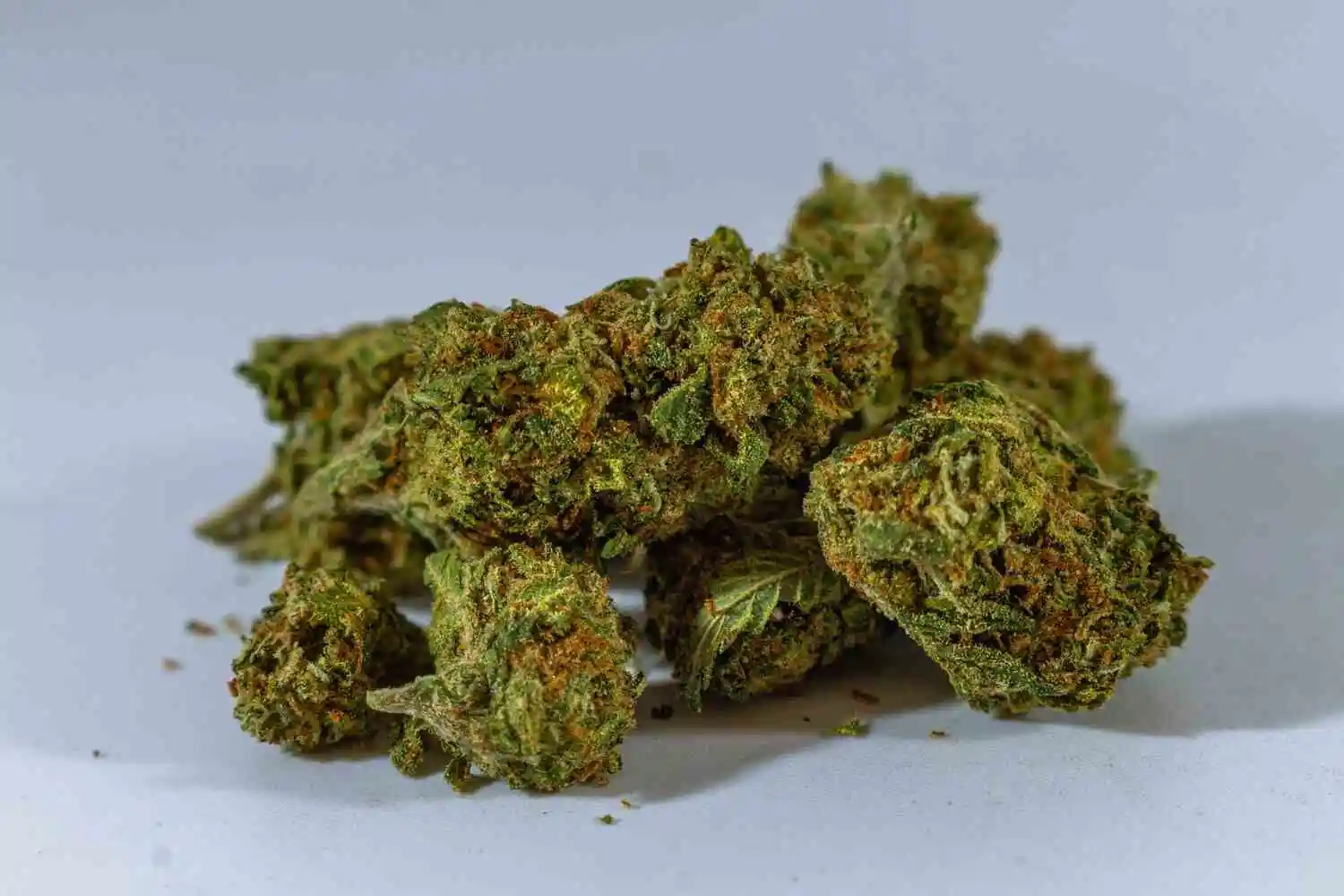
Tetrahydrocannabinol, otherwise known as THC is probably the most popular cannabinoid in weed. However, there are various types of THC in weed and they don’t all have the same effects. But what about tetrahydrocannabinolic acid (THCA)? Does THCA get you high? Here’s what we know.
Photo: Pexels
What is THCA?
Tetrahydrocannabinolic acid (THCA), not to be mistaken for THCO or THCP, is the most common non-psychoactive cannabinoid in marijuana.
It’s considered a precursor for THC.

This cannabinoid is currently being researched for its health benefits, which we will get into later.
Can THCA Make You High?
THCA can’t make you high because it’s not psychoactive.
However, you can thank that cannabinoid for your high every time you take a bong hit or smoke from a blunt.
Let us explain.
When you apply heat to THCA, decarboxylation takes place. That means a carboxyl group is liberated during the reaction. What you’ll be left with is old fashion THC.
Without heat, THCA will remain in its nonpsychoactive form and you won’t get high.
That’s why it’s important for you to decarb weed before using it to make edibles or cannabutter.
Decarbing turns the tetrahydrocannabinolic acid into THC.
Just so you know, delta 9 THC is not the only result of decarbing weed, you may get delta 8 THC too. Delta 8 THC is psychoactive so it can make you high but it’s said to be less anxiety-inducing than delta 9.
Does THCA Show on a Drug Test?
It can!
Even though you may be using weed for other reasons besides getting high, you may still fail a drug test.
THCA and THC, when metabolized, according to Herb.co, become THC-COOH.
Herb.co also says, “when consuming THCA products intended to be heated, such as flowers, vapes, or dabs, they undergo decarboxylation, which converts THCA to delta 9 THC.”
Whether or not you get a positive result depends on:
- Your metabolism
- The amount used
- Frequency of use
- Type of test
If your metabolism is fast, you may clear tetrahydrocannabinolic acid and its metabolites out of your system much quicker than someone with a slower metabolism.
At the same time, the more THCA you consume would lengthen the amount of time you would take positive for.
In addition, the more you use THCA, the longer the metabolites will stay in your body.
Herb.co says, “THC-COOH is eliminated from the body at the same rate, regardless of the amount present. Daily use over several weeks can prolong the elimination time. On the other hand, infrequent use may cause THCA to remain for only a couple of days.”
Finally, the type of test you use matters. According to testing.com, saliva tests are likely to pick up THC metabolites for 24 hours while hair tests can detect THC use for up to 90 days.
If you have a drug test coming up, find out the kind of test you’ll have and abstain for the appropriate amount of time. It’s not a foolproof method since everybody is different and you may have tetrahydrocannabinolic acid metabolites showing up past the normal window, especially if you consume it a lot.
Benefits of THCA
If you’ve ever heard that eating raw weed has benefits, there may be some truth to that.
For example, tetrahydrocannabinolic acid could alleviate pain and inflammation.
A 2011 study investigated whether or not certain cannabinoids can inhibit prostaglandin production.
Prostaglandins are essential mediators in the inflammatory process. For context, Cleveland Clinic says prostaglandins can cause your uterus to contract and influence pain perception among many other things. Excess prostaglandins can cause painful periods and just unnecessary pain and inflammation in general. Therefore, certain medications such as aspirin, block prostaglandins’ effects.
Back to the study.
The study says, “The results….. showed that D9-THC, D9-THCA-A, CBD, CBG and CBGA inhibited prostaglandin production, however the level of inhibition was low”
THCA may also have neuroprotective properties.
A 2017 study concludes, “Δ9 -THCA shows potent neuroprotective activity, which is worth considering for the treatment of Huntington’s disease and possibly other neurodegenerative and neuroinflammatory diseases.”
A 2020 study also concluded that a combination of very low doses of CBD + THC or CBDA + THCA could help reduce nausea caused by chemotherapy.
Finally, THCA could reduce adiposity (obesity) and metabolic diseases caused by obesity according to another 2020 study. The researchers used rats in their study.
Takeaway
Does THCA get you high? No, it’s not psychoactive However, you cannot get high without it since it’s a precursor for delta-9 THC. Even though THCA may not get you high, it’s still metabolized into a metabolite that gets picked up on drug tests. Therefore, if you have one coming up, you may want to abstain from it for a little while. Finally, studies show that this cannabinoid may have medical benefits.

